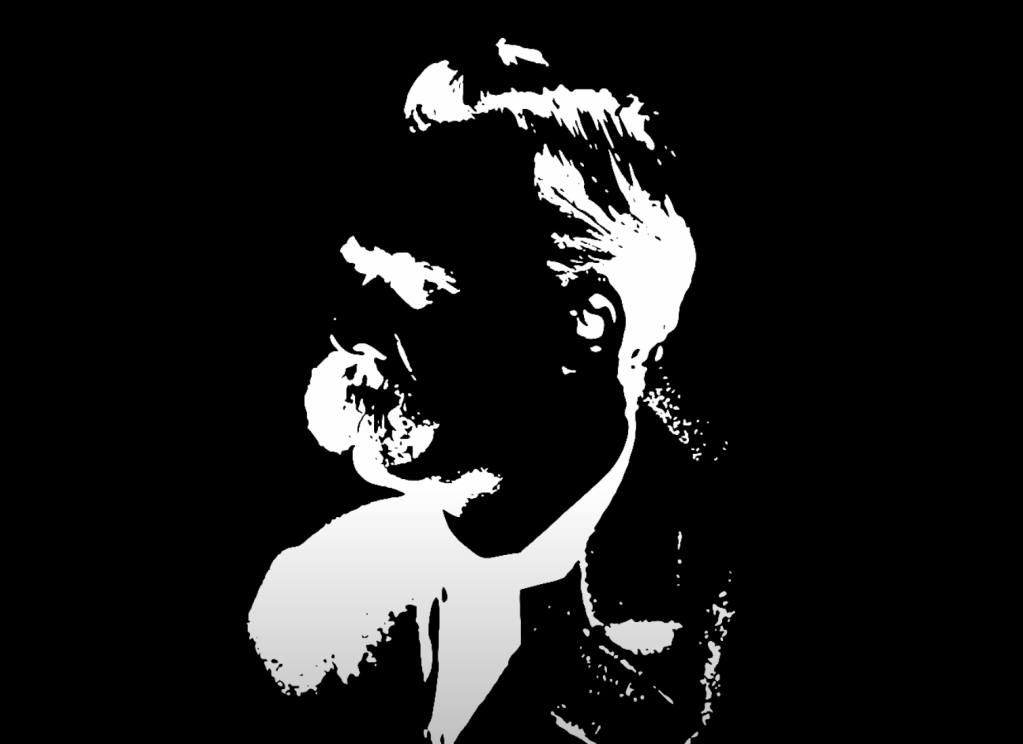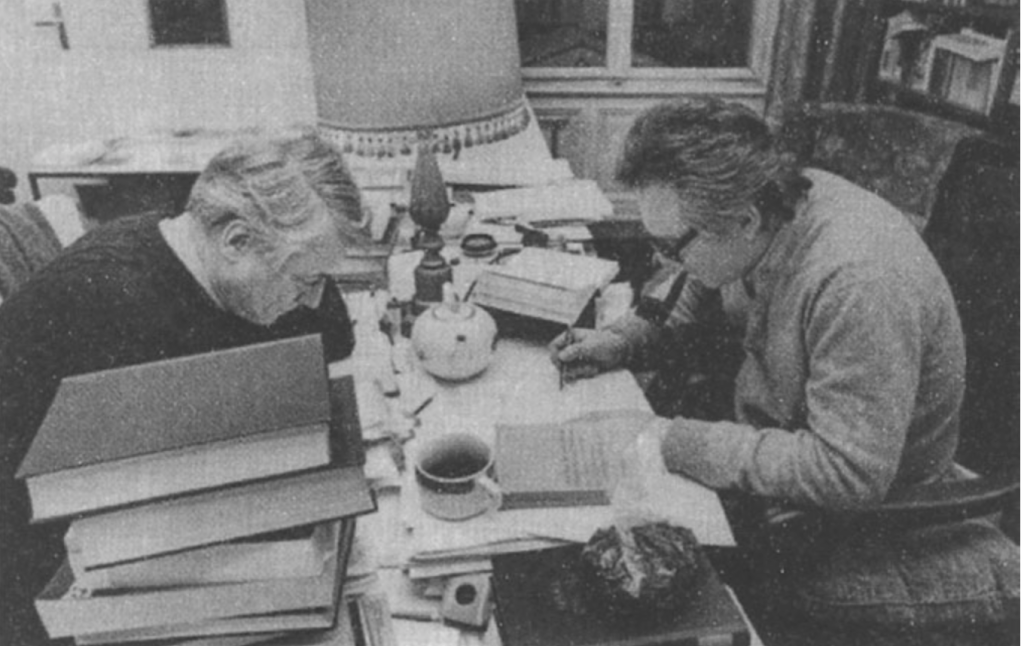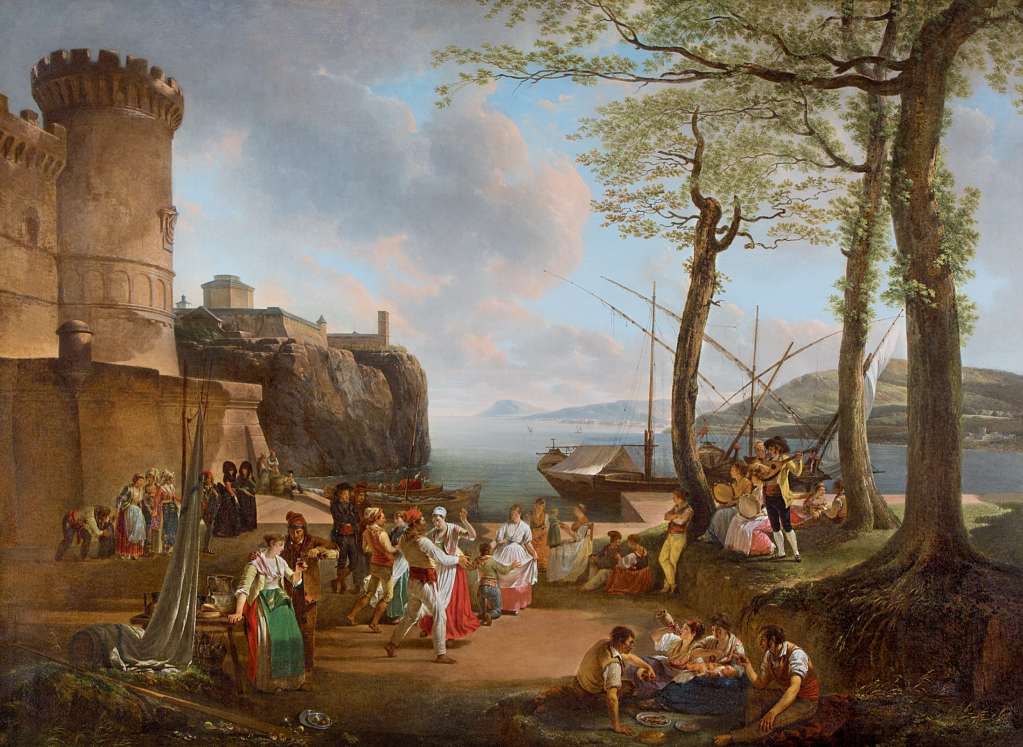“This world is a veil. And the face you wear is not your own.” Preacher Joe Theriot
In one of the most telling lines in True Detective, Cohle says to Hart, “you’re obsessed, just not with your work.” Not only is this deeply funny for its brutal honesty and for the quick-witted retort of Cohle, it also leaves you wondering just what Hart is obsessed with. He has no great passions, no secret hobbies that he obsessively works on, and his job performance is largely functional. What makes him an asset to the management of the police force is that he’s a straight shooter: clear headed and responsible. He’s not exceptional, nor is he brilliant.
Detective Hart can best be understood as an obsessional, in the structure of psychoanalysis, while Detective Cohle can best be understood as an hysteric. If there is something of a master-slave dialectic, which plays out between them, culminating in Cohle’s statement, “without me there is no you” it should be read with reference to these two structures.
The humorous dimension to the dialogue between Hart and Cohle is not pitched at the level of the awkward Office style ironic humor, but at the level of this contrast between the obsessional and the hysteric. A good way to understand this contrast is to see how both characters relate to lack.
Lack is not to be understood in a quantitative sense, as in a lack of one’s own achievements or a lack of social recognition. Thus, lack is not about a relation to not feeling adequate with what one has or with what one has achieved. Lack is a fundamental relation to one’s own being, and it thus precedes social relations.
To understand Lacan’s notion of lack, we must start with the image. Lacan claims that human desire is constructed starting with images. First we desire the image in the mirror. By seeing yourself in a mirror, you have to go through the image, but importantly, in the image you find there is something that is lacking. This thing that is lacking is what Lacan calls the objet a. You see yourself, but you do not see your gaze. There is a lack that remains unable to be integrated back into your psychical life.
For any good hysteric, lack must be put to use. Cohle basks in his own lack, and appears fully at peace. As Maggie Hart says, “Cohle knows who he is” while Hart (her husband) “doesn’t know who he is.” In the first three episodes, we find a Cohle in the 1990’s who is absolutely at peace with his lack: his daughter was killed, he had gone through a rather burly stint as an undercover drug officer and seen the worst of humanity, yet he is completely comfortable with the void.
Cohle is a nihilist, and yes, his nihilism is sophomoric existentialist sophism, but it’s nonetheless striking on the level of his rationally determined position. Cohle has thought-through his positions, while Hart prefers to remain on the side of what Robert Pfaller calls “interpassivity.” Interpassivity is a mode of deferring beliefs onto the Other — a type of recoil of one’s beliefs wherein the Other “does the believing for you.” The episode where Hart and Cohle meet the Pastor shows perfectly this mode of interpassivity. Hart defends Evangelicals as morally correct, citing that it’s good that “at least some people still believe.” Cohle responds with disdain for the Evangelicals, claiming they blindly put their trust in an authority they haven’t sufficiently questioned.
Cohle is overly intense, but all the same, he is at peace with his fundamental lack, which is why he remains such a fascinating and mysterious character. He is paradoxically at ease with a totally nihilistic view of humanity, but all the same fixated on the desire of the Other, although never content with what he receives back — this is why he makes the best detective, indeed the true detective.
In this vein, we should read Cohle’s special skill in getting convicts to confess their crimes in relation to this fundamental hysterical structure. For the hysteric, the desire of the Other is not of interest, and they don’t find themselves getting as easily tangled in the web of desire. This enables a certain pure objectivity to take place. Cohle capitalizes on this and can elicit a confession from even the hardest criminal.
In hysteria, the dissatisfaction with the Other is structural. Each time the object of desire of the Other is to be obtained, the subject thinks: that’s not it. The subject is correct structurally, which is why the hysteric often has a privileged relation to truth. The hysterical subject is always interested in the desire of the other, which makes them the truest of detectives! The question the hysteric asks is thus: what kind of object am I for the other?
The obsessional subject (Hart), on the other hand, has a desire, but in order for him to desire it, it has to be an impossible desire. Why is Hart always allured to cheat on his wife, despite the fact she is beautiful and loving, etc.? It’s almost as if he himself does not know why. This indicates that his cheating should not be read at the level of desire, but at the level of demand — a more repetitive drive that overcomes him. As an aside, in the psychoanalytic treatment of an obsessional, one of the goals is to get at demand, and go beyond the horror of the Other’s desire.
For the obsessional, the question is whether he deserves the object of desire or not. Lacan says that the object of desire is obtained by dealing with the Other, and it is this exchange with the Other that spooks the obsessional. This is why the obsessional wears a mask. Because the obsessional is embarrassed by being an object of the other. The obsessional refuses the place of being an object because he fears feminization (according to Freud).
The obsessional cannot advance but through a mask because if he is recognized it would be shameful. The mask is a way to tell the obsessional tells himself not to be afraid, and more importantly, the mask is a way of showing something of who they are to the Other in terms of avoiding the lack at the core of their being.
By the last episode, we find the first physical altercation break out between Cohle and Hart. In psychoanalysis, the hysteric never cares to assume mastery over the other, while the obsessional is always in a fight over who will win out — this is because the biggest horror for the obsessional is to become the object of other Other’s desire. The hysteric, on the other hand, has no problem with becoming the object of the Other’s desire, they’re just never content with desire as such. This explains why Cohle let Hart win the fight, and also why he quit.
What interests me most about the show is the larger claim it makes about the obsessional structure itself. Hart’s character seems to embody a more general tendency, one that falls on the side of normativity. Cohle’s hysterical position is curiously in the position of the hero, an anti-hero in fact. As Alenka Zupancic points out, the first noir narrative was Oedipus, precisely because in Oedipus, the hero is also the villain — the two become indistinguishable. There is something deeply resonant in Hart’s character, something deeply profound about masculinity in our time in his character, and I think this language of psychoanalysis gives us a hint of it.




Leave a comment